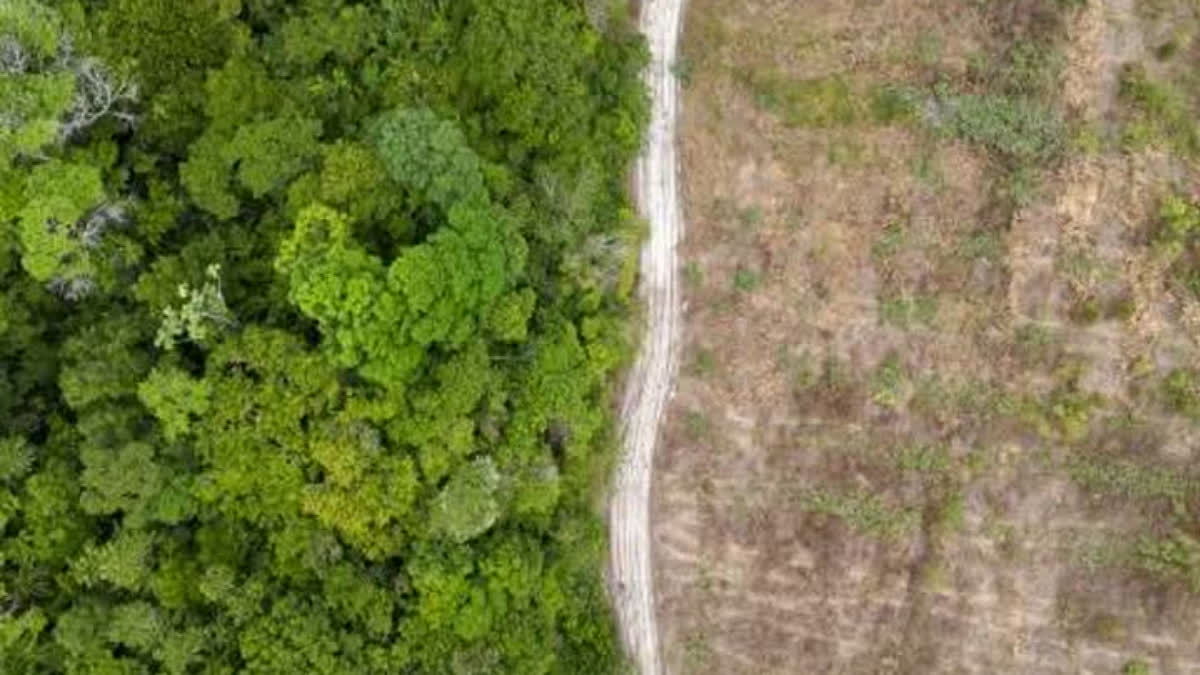Rome: Global talks to protect nature restarted Tuesday with a call for humanity to come together to "sustain life on the planet" and overcome a fight over funding that caused a previous meeting last year to end in disarray. More than two years after a landmark deal on nature -- including a pledge to protect 30 percent of the world's land and seas by 2030 -- nations are still haggling over the money needed to reverse destruction that scientists say threatens a million species.
Negotiators meeting at the UN's Food and Agriculture Organization headquarters in Rome this week are tasked with resolving a deadlock between rich and developing countries over whether or not to create a specific fund to finance nature conservation. Disagreement over this saw the previous UN COP16 talks in Cali, Colombia in November stretch hours into extra time and end without agreement.
Speaking at the opening of the talks in Rome, many developing nations urged the meeting to unblock funds and called on wealthy countries to make good on their pledge to provide $20 billion a year for poorer nations by 2025. "Without this trust might be broken," Panama's representative said, urging the international community to ensure that overall financing beyond 2030 reflects the "urgency of the biodiversity crisis".
"This is a matter of survival for ecosystems, economy and humanity. We cannot repeat the failures of climate finance, COP16.2 must deliver more than words, it must deliver funding. The world is out of time."
'Unite the world'
The talks come at a moment of geopolitical upheaval with countries facing a range of challenges from trade tensions and debt worries to Russia's invasion of Ukraine. While Washington has not signed up to the UN's Convention on Biological Diversity, new US President Donald Trump has moved to halt development funding through the United States Agency for International Development.
COP16 president Susana Muhamad urged countries to work together "in a collaborative manner for something that probably is the most important purpose of humanity in the 21st century, which is our collective capacity to sustain life in this planet". Protecting nature "has the power to unite the world", the Colombian environment minister added.
Far from the record 23,000 participants at the Cali conference, the talks resumed in a smaller format, with 1,400 people accredited and just a few hundred country representatives at the opening plenary in a hall overlooking the rain-drenched ruins of Rome's Circus Maximus.
